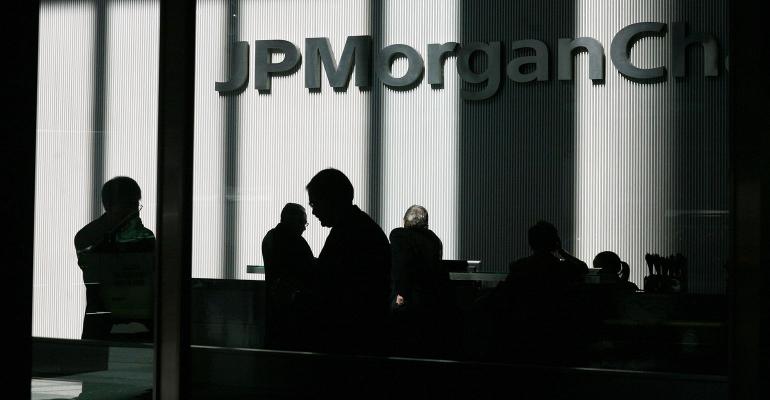In a Dallas Probate Court verdict yesterday, JP Morgan was ordered to pay more than $4 billion in damages for its malicious mismanagement of the estate of Max D. Hopper, a former American Airlines executive. The bank was hired by Max’s widow, Jo Hopper, and his two children, Dr. Stephen Hopper and Laura Wassmer, in 2010 to independently administer Max’s estate after his sudden—and intestate—death from a stroke. It goes without saying that JP Morgan will appeal the verdict.
JP Morgan’s Incompetence
Max, who pioneered American Airlines reservation system, died with assets of more than $19 million. According to the family’s lawyers, “Instead of independently and impartially collecting and dividing the estate’s assets, the bank took years to release basic interests in art, home furnishings, jewelry, and notably, Mr. Hopper’s collection of 6,700 golf putters and 900 bottles of wine.” Bank representatives also failed to meet financial deadlines—allowing stock options to expire on at least one occasion—and also ignored Jo’s wishes to sell certain stocks, which the jury found resulted in actual damages. The bank also decided to pay its attorneys’ legal fees out of the estate account, leading the jury to find that Max’s children lost potential inheritance in excess of $3 million. As a result of its incompetence, the jury found that JP Morgan was in breach of its fiduciary duties and contractual fee agreement.
Punitive Damages—Will They Hold Up?
According to Bloomberg, this verdict ranks high among the largest sanctions levied against JP Morgan—and will likely be scaled back if the verdict is upheld on appeal because of a U.S. Supreme Court precedent that states punitive damages can’t be disproportionate to actual damages. Here, the jury awarded approximately $4.7 million in actual damages and at least $4 billion in punitive damages (plus $5 million in legal fees). The lead attorney for Jo, Alan S. Loewinsohn, said that he asked the jury to take into account the bank’s net worth and asked for $2 billion in punitive damages for his client. According to Jo, the verdict “provides protection to others from being mistreated by banks that think they’re too powerful to be held accountable.”
Why Max, a successful IT executive who was 75 years old, didn’t have a Will in place to spare his widow and children the headache of intestate administration remains a mystery.





